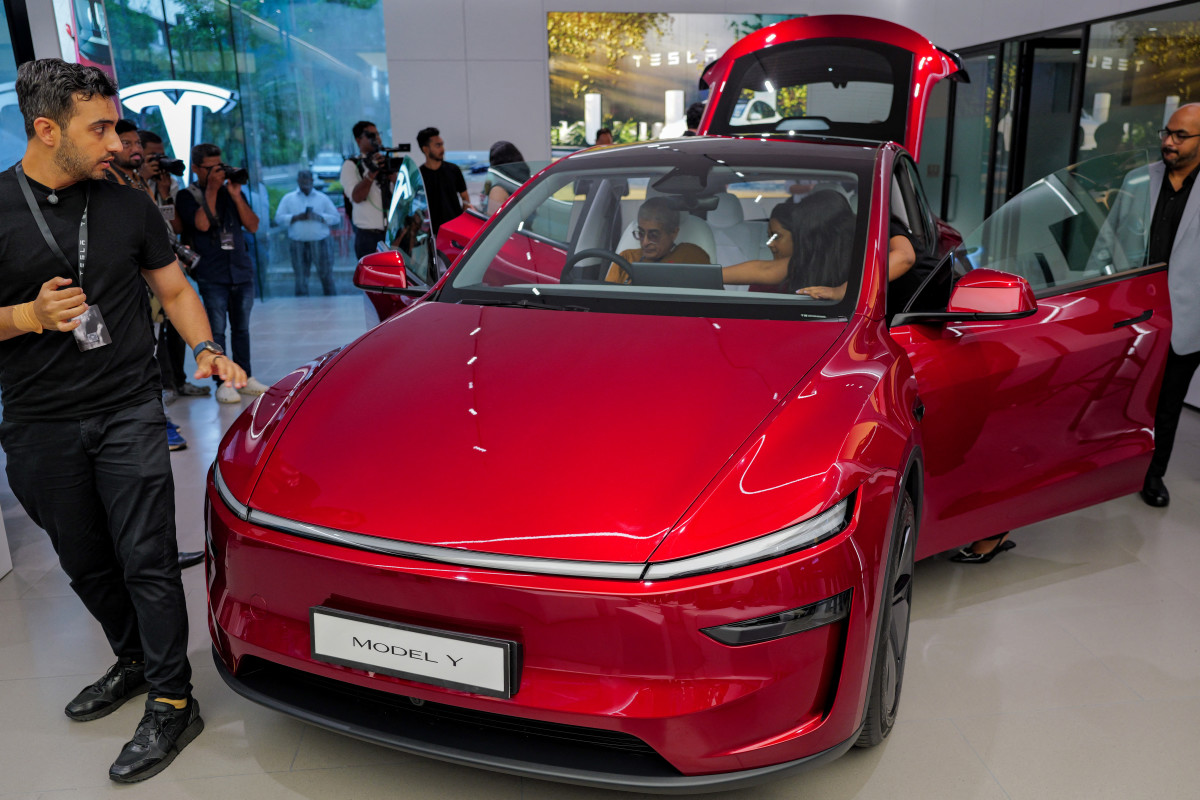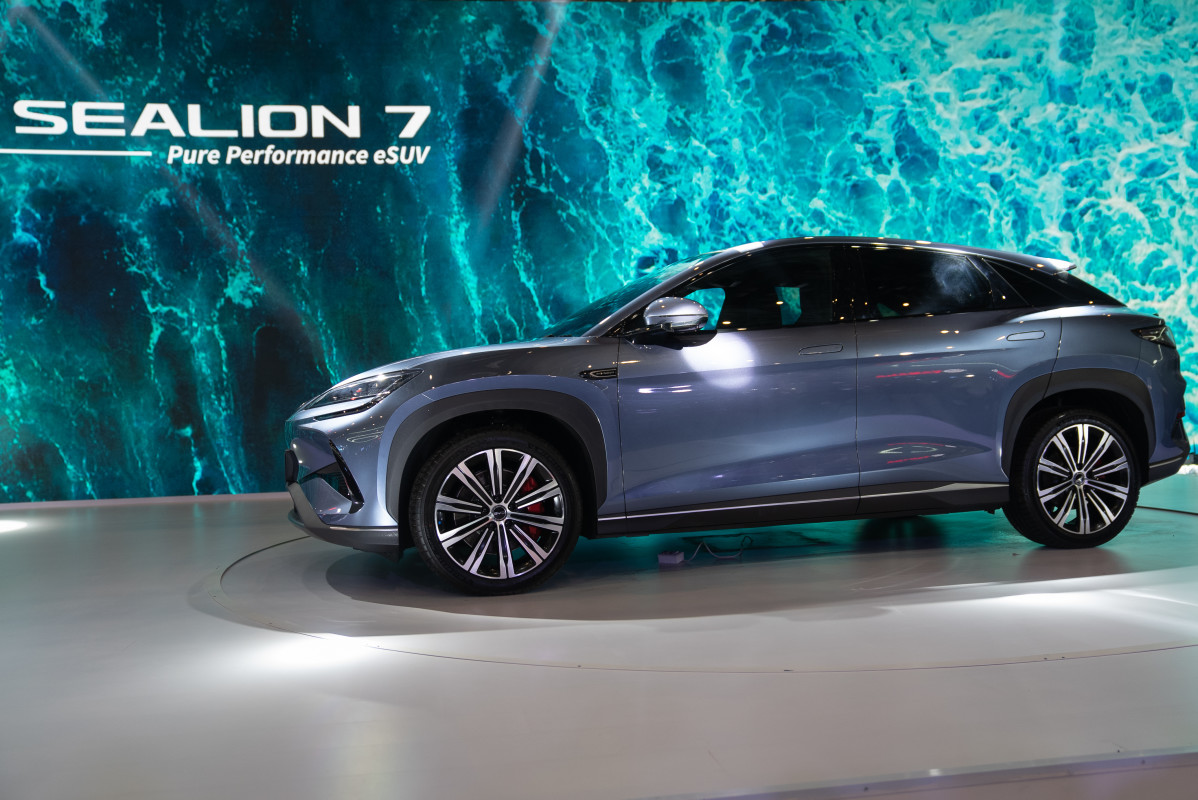Geopolitical challenges stunt BYD’s growth in India
Tesla opened its first Indian showroom earlier this month, and the automaker appears to have an opportunity to make up lost ground against Chinese rival BYD in the country’s challenging but substantial market. BYD, and many other Chinese companies, have been unable to obtain visas for executives to work in India following a conflict over a disputed Himalayan border in 2020 between Indian and Chinese soldiers, Bloomberg reports.
This blockage has resulted in BYD conducting board meetings and other high-level interactions in Sri Lanka, Nepal, and Singapore, complicating on-site management, delaying responsiveness, and harming growth potential. Additionally, Ketsu Zhang, BYD’s managing director for India, hasn’t been able to obtain a work permit since leaving the company’s local facility in Chennai. BYD’s hurdles in India are compounded by the country rejecting its proposal to build a $1 billion local plant in 2023, which would be significantly larger than the automaker’s current facility. Tesla touched down in India in mid-July, and BYD’s operational challenges give Elon Musk’s company a chance to establish more of a foothold in the market after its rival’s head start, which included launching its first electric vehicle (EV) in the nation in 2022.

Getty
Tariffs shape Tesla’s debut in India
On July 15, Tesla launched its rear-wheel drive (RWD) Model Y in India at about $70,000. The automaker needs to price its Model Y significantly higher than in the U.S. ($44,990), since it faces high export duties ranging from 70% to 110%. Tesla is also exporting the Model Y into India from its China factory since its U.S. facilities don’t manufacture right-hand drive vehicles. Since Tesla faces high tariffs from India and isn’t considering building a facility in the country to get relief, its vehicles in the nation will be geared toward luxury buyers. Tesla opened its first showroom in Mumbai and has plans to launch a second showroom in Delhi next month.
Despite operational challenges, BYD has increased its presence in India, so Tesla still has an uphill battle against its rival. BYD’s sales during the first half of 2025 are approaching the total for all of 2024, and while its assembly footprint in India is limited, models like its Sealion 7 sell for around $11,000 less than Tesla’s Model Y in the country. In 2023-2024, BYD’s India market share stood at 1.9%, before increasing to 3.2% in 2024-2025. As of April 2025, BYD had 40 dealerships in India, up from 27 in September 2024.

Getty
Final thoughts
BYD’s logistical roadblocks for expansion in India have given Tesla some room to breathe during its debut in the nation. The Chinese EV giant’s years-long headstart in India and ability to market lower-priced cars give it significant advantages in competing with Tesla, which might have resulted in a runaway race if its operational hurdles didn’t exist. Still, while Tesla isn’t currently considering an India plant, the chief minister of the western state of Maharashtra, home to the Indian commercial capital, said: “In the future we wish to see [Tesla] R&D [research and development] and manufacturing done in India, and I am sure at an appropriate stage Tesla will think about it.” This apparent openness toward Tesla launching a large production facility would allow the automaker to succeed where BYD tried and failed in 2023 with its $1 billion rejection.